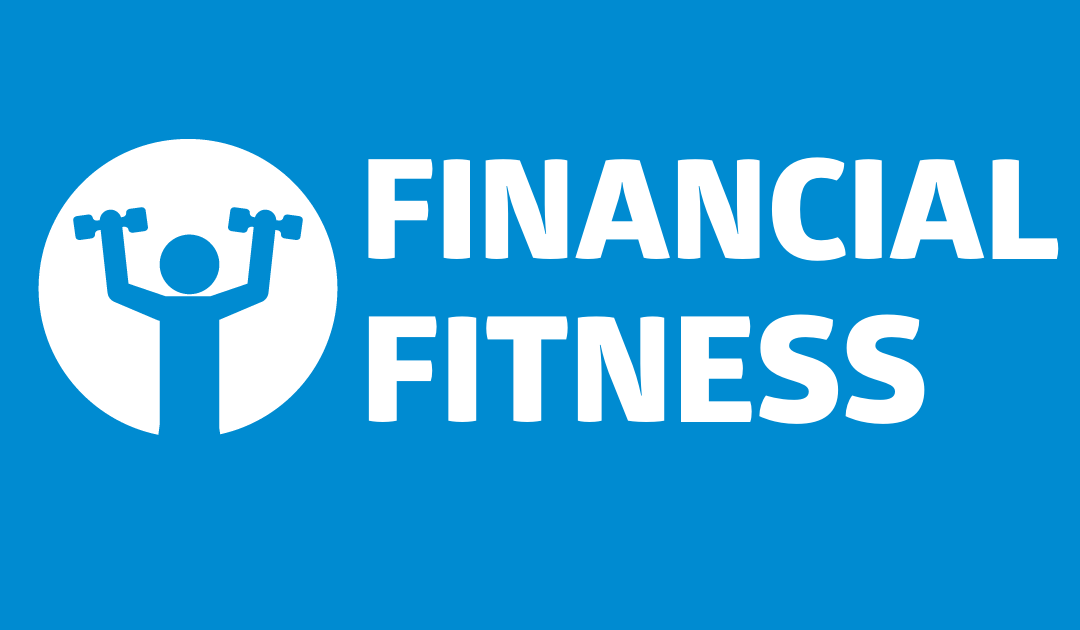By Charlestien Harris
While watching the news and scanning Facebook, I have noticed numerous advertisements for debt management companies. With ads promising easy debt relief, these programs are tempting to anybody struggling to stay on top of debt. The question is are they legitimate and will they help you or hurt you.
Yes, I know many people will be more in debt than ever before because of the pandemic, but I also know that employing the services of a debt management company requires serious thought and careful planning. Therefore, I’m giving you a few facts you will need to consider when choosing a service that will best fit your needs.
There are generally two types of debt management companies, for profit and non-profit. The for-profit companies are just as described. They often charge a fee for their services and that fee is usually paid by the consumer. The non-profit companies’ fees are often paid by the creditors or can be shared by charging a nominal fee to the consumer to cover administrative costs.
Most debt management companies simply contact your creditors and negotiate alternative repayment plans, hopefully with reduced interest rates and fees. If you are struggling to make payments, you can usually do this yourself. Most creditors will be eager to help you meet your debt obligations because they want to help you avoid bankruptcy. Arranging to speak with your creditors directly isn’t pleasant, and it may not be easy, but it can be done.
You should know that using a debt management service could possibly affect your credit score. If you have several late payments or are currently way behind on any credit payments, chances are debt management may actually improve your score. If you have loads of debt but are current on all your payments, your credit score may drop when you enroll in debt management. If your debt management company renegotiates your credit obligations, they may change when payments are made to creditors, resulting in late payments being reported on your credit history. Additionally, many creditors will close your accounts while you are in debt management, and the good history you have with those accounts may be lost.
Regardless of whether your credit score goes up or down in the short term, enrolling in a debt management program is a long term decision, and the fact is repaying your debts is the best thing for your credit score. It is certainly better than continuing to be late or not paying at all.
Once you enroll in a debt management program, it can take a month or two before your creditors receive their first payment. This can mean two things. First, you may have to make two payments, one to the debt management company and one to the creditor to stay current and not lower your credit score. Second, you may receive collection calls from your creditors before they receive their first disbursement from the debt management agency.
*Please note that enrolling in a debt management program requires you to give up the right to open new credit accounts.
Once your debt management company makes contact with your creditors, most creditors will immediately lower your interest rate by several points and waive future fees. In the end, this may save you thousands of dollars in interest and late fee payments. One simple benefit of a debt management program is the ability to consolidate your debt payments into one monthly payment. (The debt management service then distributes your payment to your creditors). You also avoid bankruptcy, but retain the option if you still cannot pay your debts in a timely manner.
If you let your debt management company pay all of your creditors each month, you may never have to worry about your debt again. Your payment is usually auto-debited from your bank account, and your debt could be gone in just a couple of years. If you think a debt management program could help you, as a HUD certified credit/housing counselor, I encourage you to get all the facts and do your research before you sign up with any company. These programs can be a lifesaver for some, but for others they can do more damage and may need to be avoided at all costs! Until next week, stay financially fit!

